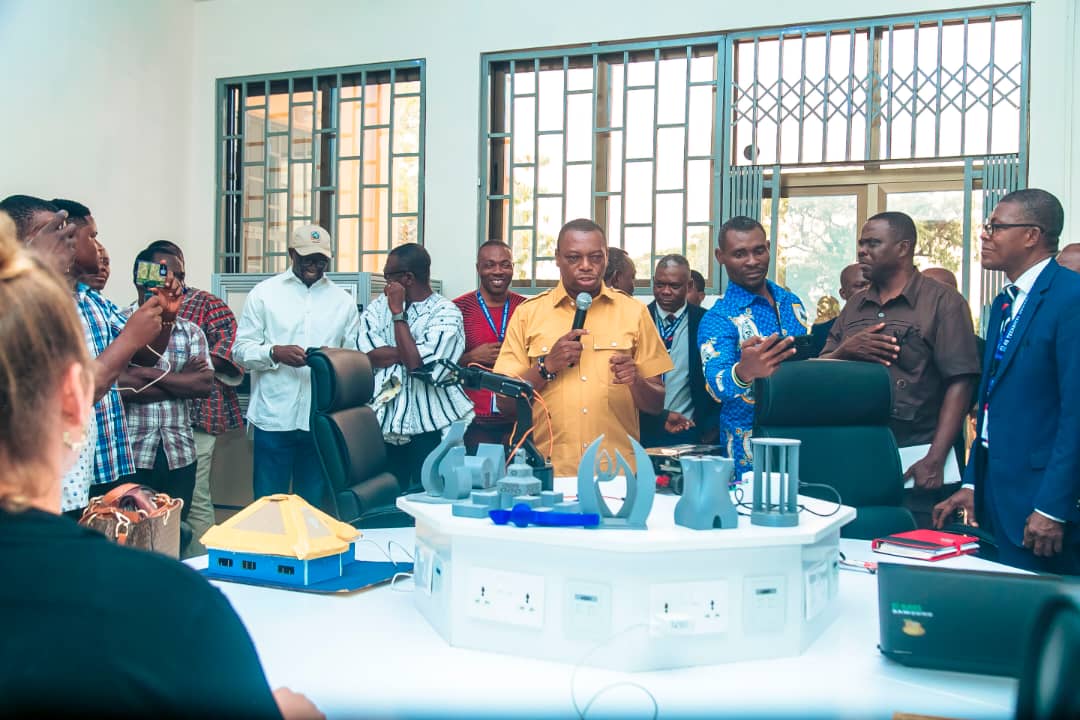- The US Fed cut interest rates by more than expected. So what?
- Southwest Airlines tells staff 'difficult decisions' ahead in push to boost profits
- You can't always refinance a mortgage to capitalize on lower rates: Here's when a lender may say 'no'
- Gold strikes record high as Fed rate cut maintains bullish mood
- Minneapolis Fed President Kashkari sees a slower pace of rate cuts ahead

How diversity in heat tolerance can help protect coral reefs
New research out of Southern Cross University has found previously undocumented variation in coral heat tolerance on Australia's Great Barrier Reef, giving hope that corals' own genetic resources may hold the key for us to help in its recovery and adaptation.
In a study, published Sept 23 in Communications Earth & Environment, researchers measured the bleaching thresholds of more than 500 colonies of the table coral, Acropora hyacinthus, using a portable experimental system that was used at sea at 17 reefs spanning the Great Barrier Reef.
The study was led by Southern Cross University Ph.D. candidate Melissa Naugle, with a team from Southern Cross University, the Australian Institute of Marine Science (AIMS), the University of Queensland, and the Research Institute for Development in New Caledonia as part of the Reef Restoration and Adaptation Program (RRAP).
"We found heat-tolerant corals at almost all the reefs that we studied, highlighting how corals across the entire Great Barrier Reef may hold genetic resources that are important for protection and restoration," said Naugle.
"This is important news for corals, which are experiencing the 4th global mass bleaching event and unprecedented summer sea temperatures on the Great Barrier Reef. Naturally occurring heat tolerance variation is crucial for corals to adapt to climate warming and for the success of restoration initiatives."

- September 23, 2024
Is climate change infiltrating your backyard? The impacts of river discharge


- September 23, 2024
Telcos turn to renewables, satellites to cut costs

- September 23, 2024
Researchers decode oldest human DNA from South Africa to date



- September 22, 2024
Flood: WHO presents cholera, malnutrition kits to Borno govt

- September 23, 2024
Data from robots show steady increase in deep-ocean warming

- September 23, 2024
Australian crater could offer fresh insight into Earth's geological history

- September 23, 2024
Expanding Earth science education beyond traditional field trips


- September 22, 2024
Ho Technical University’s Fab Lab commissioned
Subscribe to our mailing list to get the new updates!

Subscribe our newsletter to stay updated
Thank you for subscribing!


